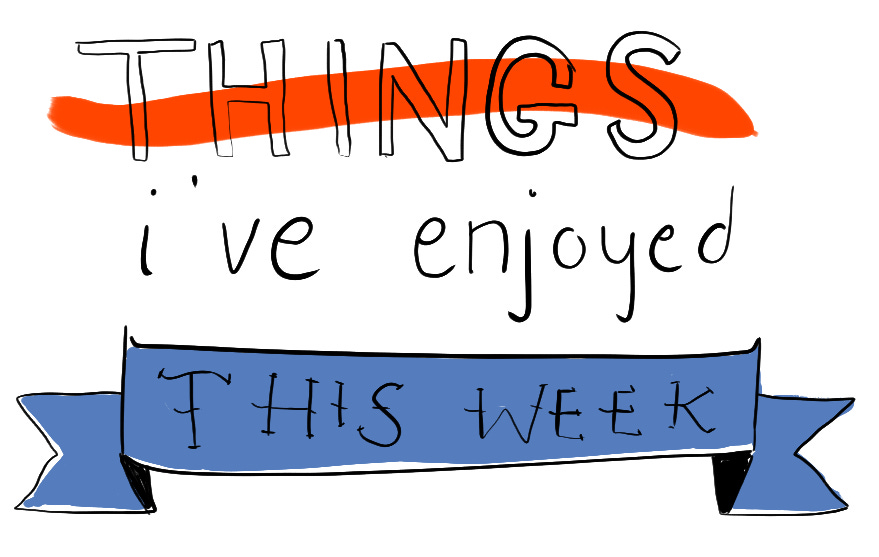Why you're tired all the time
It's so much more complicated than we'll ever realise
It’s a tiredness that sleep can’t fix. Not even coffee can raise heavy lids, lift the weight from my shoulders, stop the worries spinning around my head.
Social media tells me to spend less time reading the news, the news says to spend less time on social media and yet, I fail to do either.
I wonder about both the short and long term effects of witnessing a disaster on your doorstep. Provisional ONS figures reckon the UK saw the highest death toll last year since 1940.
It’s said that one death is a tragedy and a million is a statistic, but when those deaths are drip-fed to you in push notifications every day, and sometimes multiple times a day, how can you possibly absorb this information while continuing to function as a human being in society?
Maybe I am being melodramatic, but the fatigue, stress and downright helplessness of living through a global pandemic are really starting to take their toll on me. And I don’t think I’m alone.

It’s not just the horrendous videos from inside struggling London hospitals, nor is it the punch in the gut when you hear a friend or family member has passed away, it’s the national mismanagement, the constant churn of stories like yesterday’s free school meals debacle.
I apologise that this isn’t a self-help piece about how to switch off during these unprecedented times but there enough of those out there by now. You all know already that checking the news, getting infuriated by anti-vaxxers on Facebook and lying in bed wallowing all day are pointless activities. But sometimes it’s hard to resist.
You also know that taking a deep breath, turning off push notifications, doing a calming yoga session, resisting calling out your racist uncle on Facebook, going outdoors for a run, eating healthy food are all things that will make you feel better right now. Yet it’s not as easy as: do this thing = the pain goes away.
What I am trying to say here is that even though we all have to keep going, that doesn’t take away from the fact that there is suffering everywhere. I want to give a nuanced view of how current world events impact our mental health, and ultimately a realistic one, rather than an idealistic one.
How are you feeling nine months’ into the pandemic? And what do you think the long-term effects will be on our collective mental state as well as the individual? Come chat on Twitter @ContentByTheSea
Keep scrolling for some of the things keeping me sane recently.
🎧 Riz Ahmed on Louis Theroux’s podcast, Grounded. Also Riz's new album, The Long Goodbye is a masterpiece.
📺 We’ve been watching a lot of palette-cleansing Pixar and Dreamworks films, highlights include Soul, How to Train Your Dragon and Onward.
📚 A Court of Thorns and Roses by Sarah J Maas, a YA fantasy romance series that’s total trash but the perfect antidote to these times.
🌸 Bridgerton, Netflix’s regency drama, is in equal part terrible as it is excellent.
🛏️ I got a weighted blanket for Christmas and it's bliss - highly recommend for anyone who suffers with anxiety or restlessness, in bed or otherwise.
Enjoyed this? You might like these past issues:
6 January: Just keep going
23 December: A book recommendation for every mood
16 December: Burnout might not be what you think it is
9 December: Whatever happened to ‘be kind?’
2 December: The best briefs are anything but
25 November: Welcome to the busy-ness Olympics
18 November: Too many cooks spoil the brother (and the marketing campaign)
11 November: Everything is different now, so why are you trying to live like before?




What a way to introduce myself, implicitly suggesting I favor a tin foil hat, obsessing over what the BUMP! in the night actually means, the shape under the sheet, the shadow in the closet. . .
When it comes to dimensions of COVID-19 I believe it is actually the leading edge of World War III. A war unlike any other because it is more about psychological warfare than physical warfare and the Weapon Of Mass Destruction (WMD) is COVID-19.
Wear people down mentally and they will submit physically.
https://iamcolorado.substack.com/